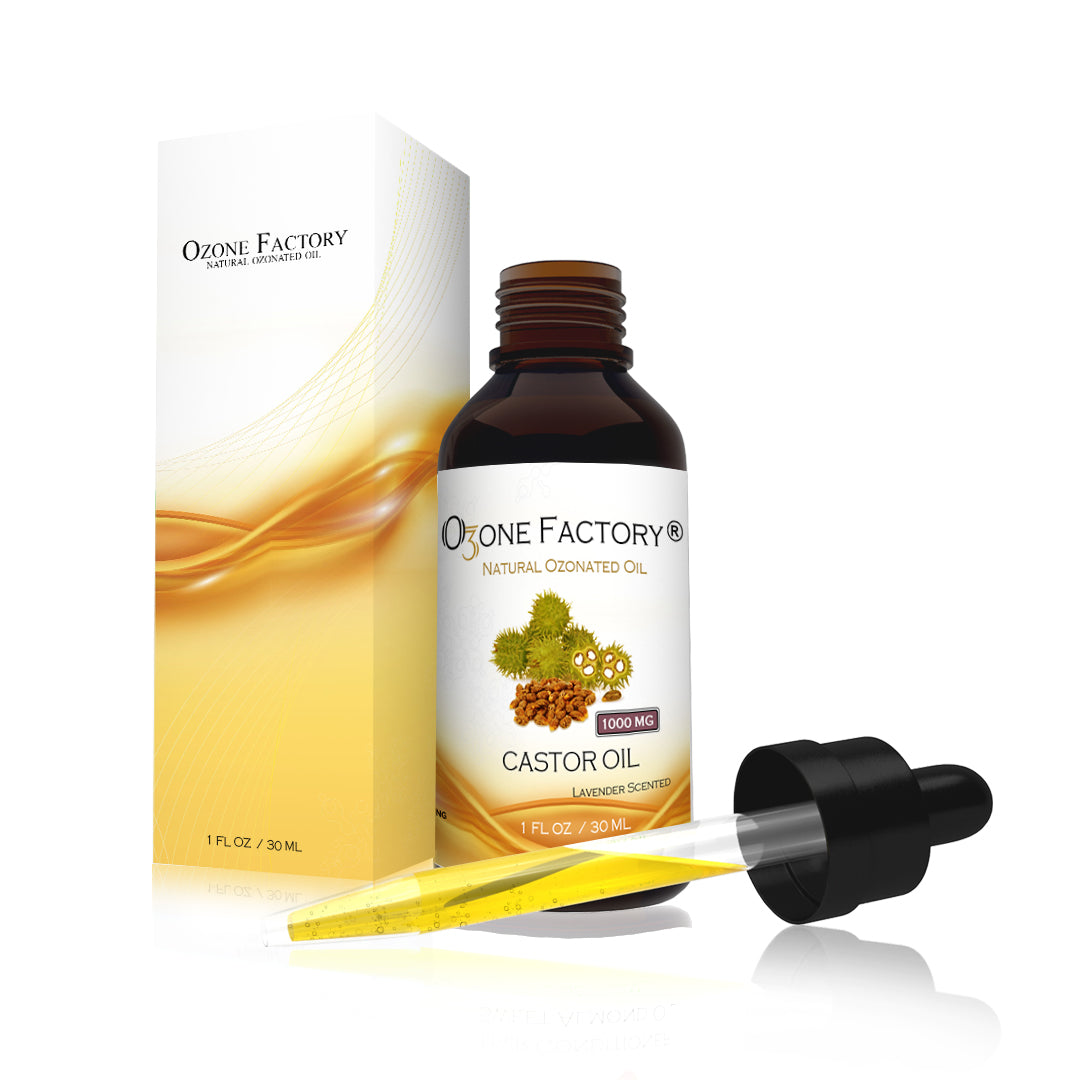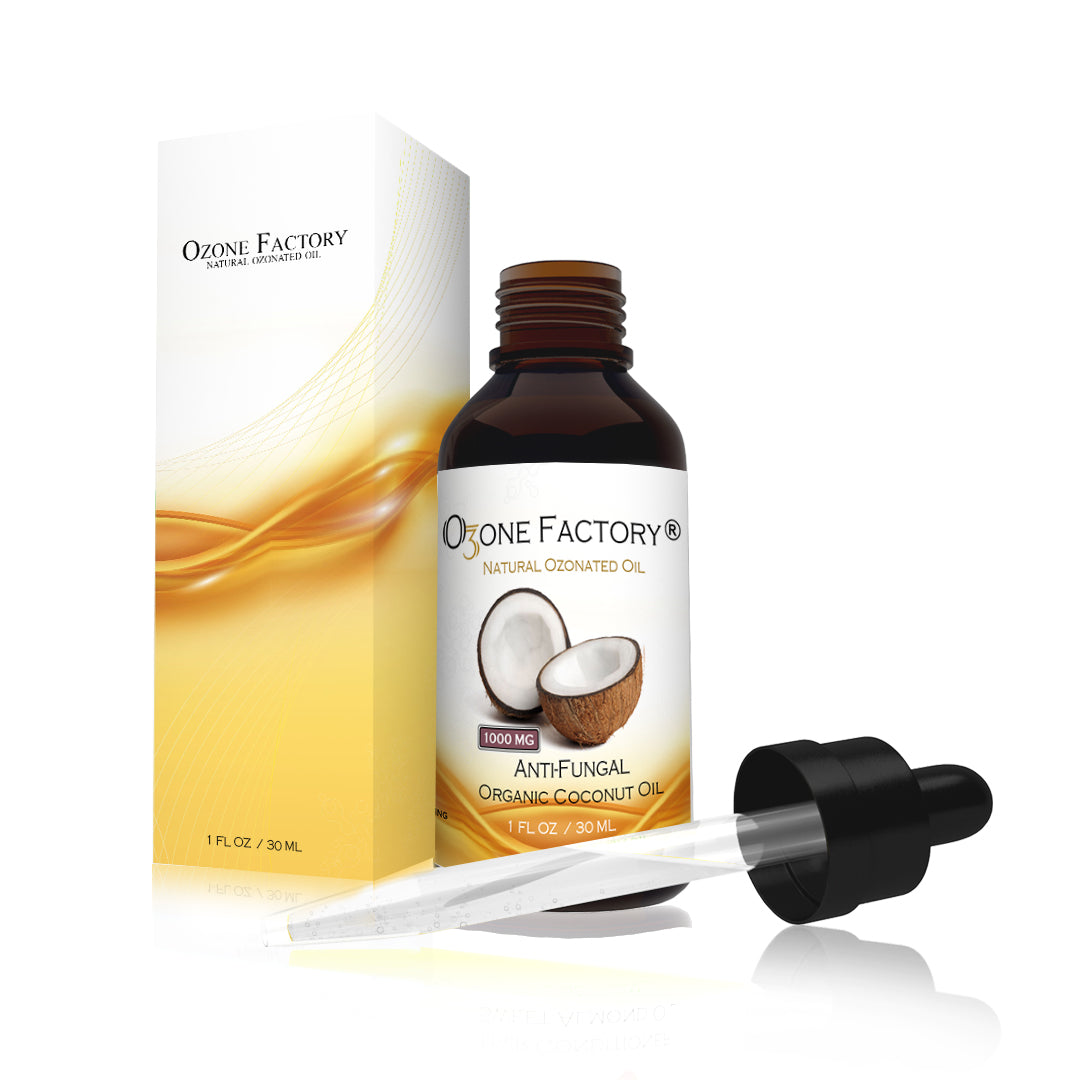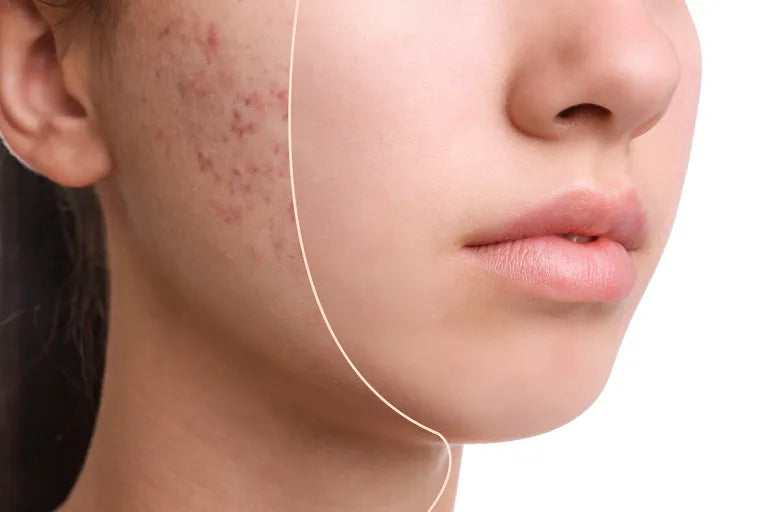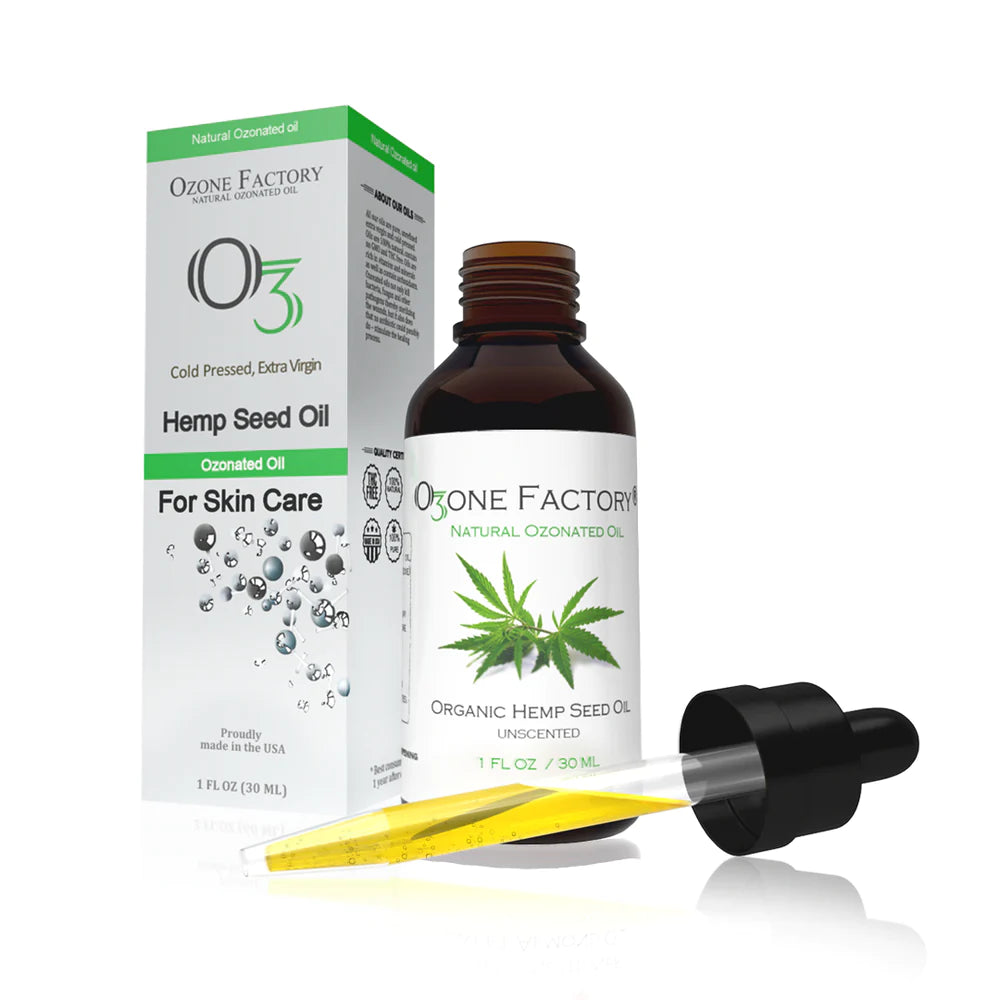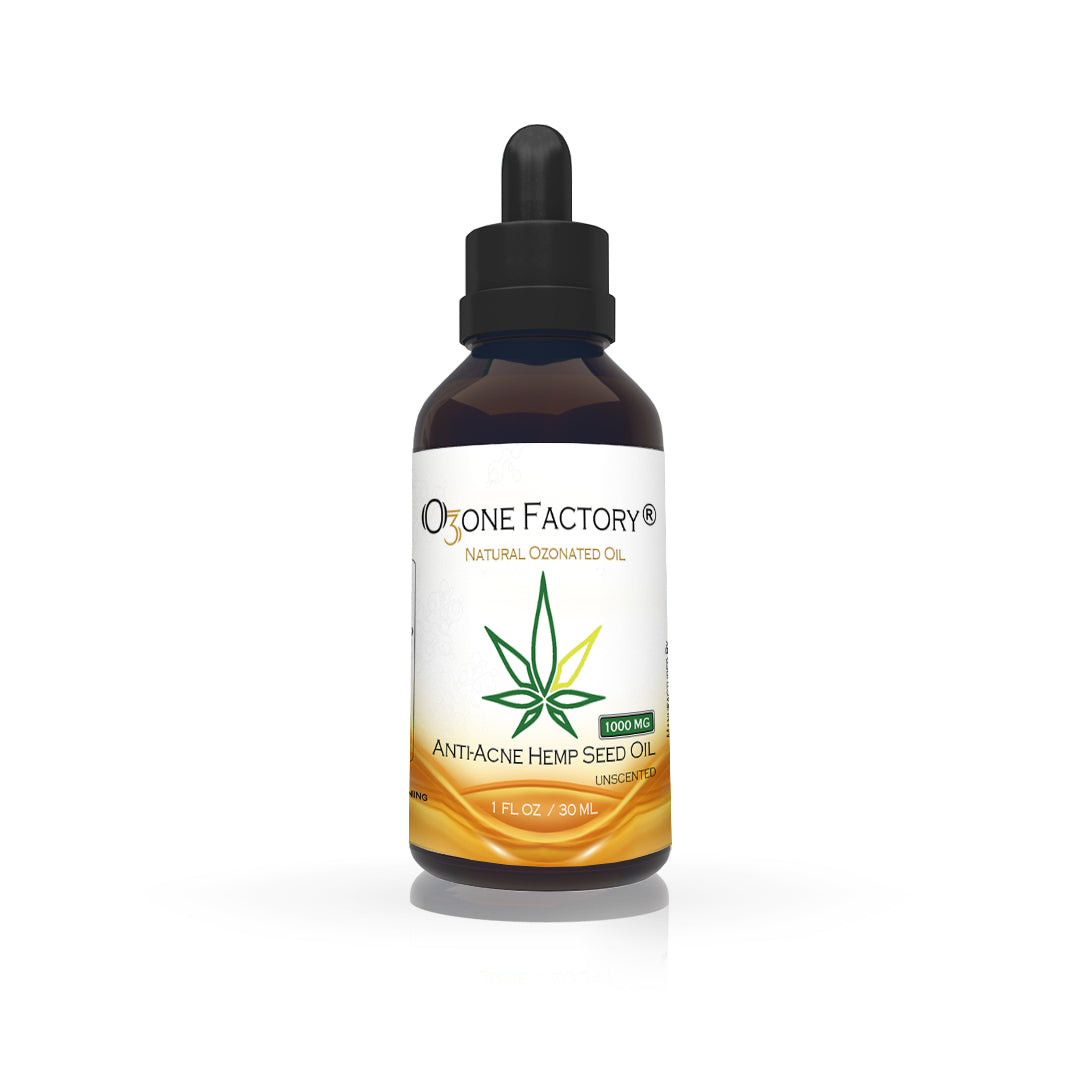
The world of oils for skincare, healing, and various other applications has expanded, introducing innovative products like ozonated oils that boast unique properties and benefits. In this comparative analysis, we will speak about the distinctions between ozonated oils and traditional oils, shedding light on their differences and respective advantages.
Production Process
Traditional Oils: Traditional oils are typically extracted from seeds, nuts, or fruits through methods like cold-pressing or solvent extraction. The resulting oils retain their natural properties but may undergo refining processes that involve heat or chemical treatments.
Ozonated Oils: Produced by infusing ozone gas into high-quality oils, ozonated oils undergo a controlled ozonation process. This process enhances the oil's properties without the use of harsh chemicals, preserving its natural composition.
Antimicrobial Properties
Traditional Oils: While some traditional oils possess inherent antimicrobial properties, they might not offer the same broad-spectrum effectiveness against various pathogens as ozonated oils.
Ozonated Oils: The infusion of ozone into oils significantly boosts their antimicrobial capabilities, making them effective against a wider range of bacteria, fungi, and even some viruses.
Stability and Shelf Life
Traditional Oils: Depending on the type of oil and extraction method, traditional oils can vary in stability and shelf life. Some may be prone to oxidation, leading to rancidity over time.
Ozonated Oils: The ozonation process increases the stability and shelf life of oils by reducing their susceptibility to oxidation, thereby extending their usability.

Healing and Skin Benefits
Traditional Oils: Many traditional oils offer excellent moisturizing and nourishing properties for the skin. However, their healing properties might not match the targeted benefits provided by ozonated oils.
Ozonated Oils: Ozonated oils possess potent healing properties, making them highly effective in wound healing, reducing inflammation, and addressing various skin conditions like acne, eczema, and dermatitis.
Skin Penetration
Traditional Oils: The molecular size of traditional oils can vary, affecting their penetration into the skin. Some oils may sit on the skin's surface, providing moisturization without deeply penetrating.
Ozonated Oils: The ozonation process alters the molecular structure of the oils, potentially enhancing their penetration into the skin. This deeper penetration may contribute to more effective skincare benefits.
Potential Applications
Traditional Oils: Widely used in aromatherapy, massage, and skincare routines, traditional oils have a range of applications for beauty and wellness.
Ozonated Oils: Ozonated oils, in addition to skincare, may find applications in wound healing, dental care, and even as an alternative therapy for certain medical conditions.

Conclusion: Choosing the Right Oil for You
Both ozonated oils and traditional oils offer unique benefits, and the choice ultimately depends on individual preferences and specific needs. While traditional oils have stood the test of time and remain popular in various applications, ozonated oils bring an innovative dimension to natural oil products, with potential advantages in terms of stability, antimicrobial properties, and skin penetration.
Whether you opt for the time-tested tradition of conventional oils or embrace the cutting-edge benefits of ozonated oils, incorporating high-quality oils into your skincare and wellness routine is a holistic step towards nourishing your body and embracing the gifts of nature.

